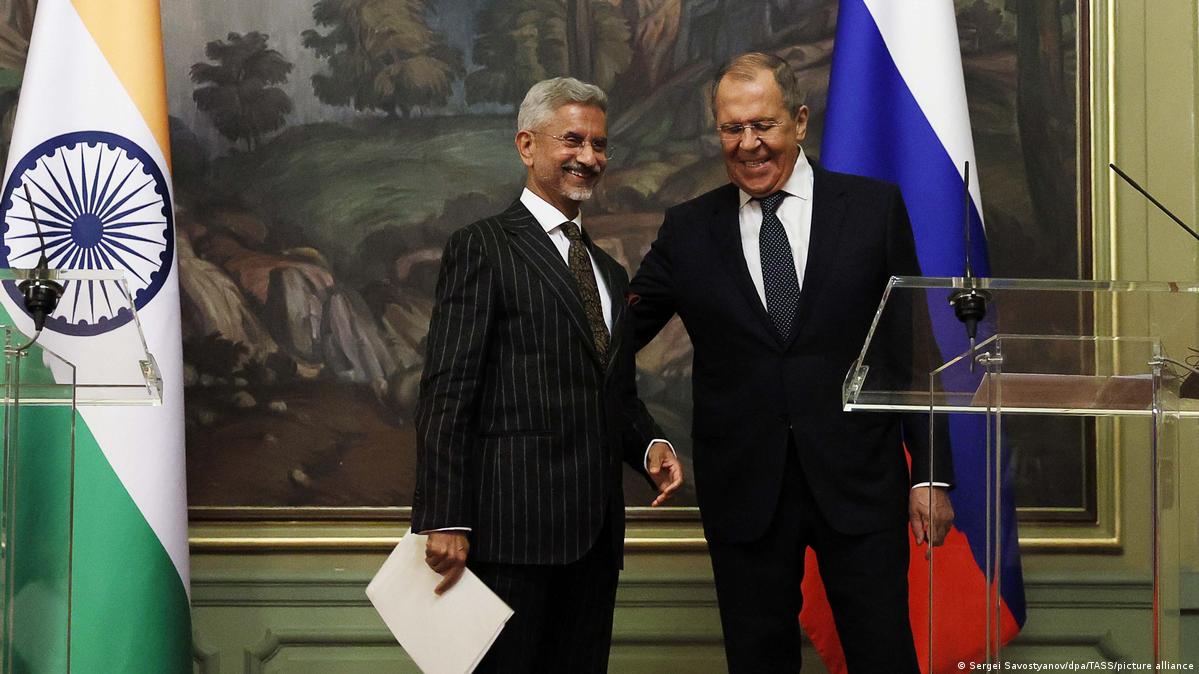High-ranking officials from the nuclear agencies of Russia and India convened on Thursday to deliberate on broadening their collaboration beyond the production of energy, as reported by RT.
Aleksey Likhachev, Director-General of Rosatom, and Ajit Kumar Mohanty, Chairman of the Atomic Energy Commission of India, held in-depth discussions during a site visit in Seversk, Tomsk Region.
During the talks, they talked about expanding their nuclear cooperation, and Rosatom gave the Indian group a tour of its Pilot Demonstration Energy Complex. A key component of the 'Proryv' (Breakthrough) project, which aims to create a new technological framework for a closed nuclear fuel cycle, includes this complex. The initiative tackles important issues about the management of radioactive waste and spent nuclear fuel.
The strategic objective of Rosatom is to provide competitive products that will uphold Russian technologies' leadership in the worldwide nuclear power industry. "We are ready for serious expansion of the cooperation with India in the field of using nuclear energy for peaceful purposes," Likhachev said.
He emphasized plans, which New Delhi has not yet made public, to build high-capacity nuclear power plants constructed by Russia at a new location in India. Furthermore, the collaboration might encompass low-power generation initiatives that are both land-based and floating.
The nuclear fuel cycle and nuclear technology' non-power applications were also discussed. The continuing developments of the Kudankulam Nuclear Power Plant (KNPP) in Tamil Nadu, southern India, were highlighted during the meeting.
The largest nuclear power facility in India, KNPP, consists of six generating units with 1,000 MW each of light-water reactors. The first two units currently offer electricity to the southern region; they were connected to the national grid in 2013 and 2016, respectively. The construction and equipment fitting of the next four units are at different levels of completion.
The Kudankulam project's fifth and sixth reactors are expected to be completed sooner rather than later according to agreements inked in December by Indian Foreign Minister Subrahmanyam Jaishankar during his visit to Moscow. At a press conference held in Mumbai recently, Jaishankar mentioned that India is looking at "additional sites for Russian reactors."
Likhachev highlighted Russia's broad transfer of the most recent nuclear technology developments to India. Additionally, both countries are working together on third-country initiatives; one such project is the building of Bangladesh's Rooppur Nuclear Power Plant.
This facility, which is around 140 km west of Dhaka, is an important part of Bangladesh's effort to move away from coal and other fossil fuels and is the country's largest infrastructure project to date. To finance the project, Moscow and Dhaka have inked intergovernmental credit arrangements totalling approximately $12 billion.



























